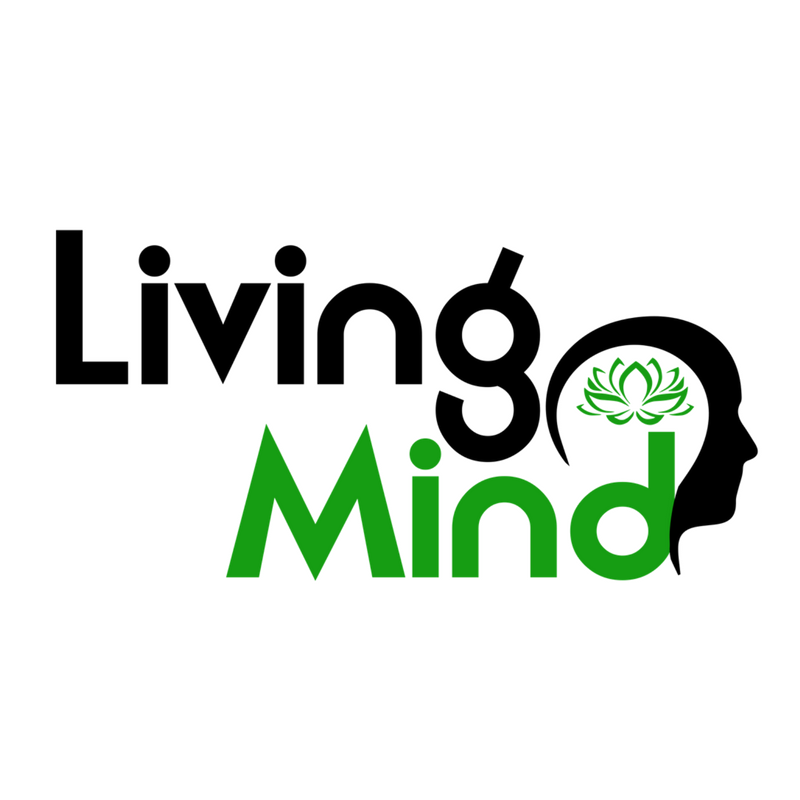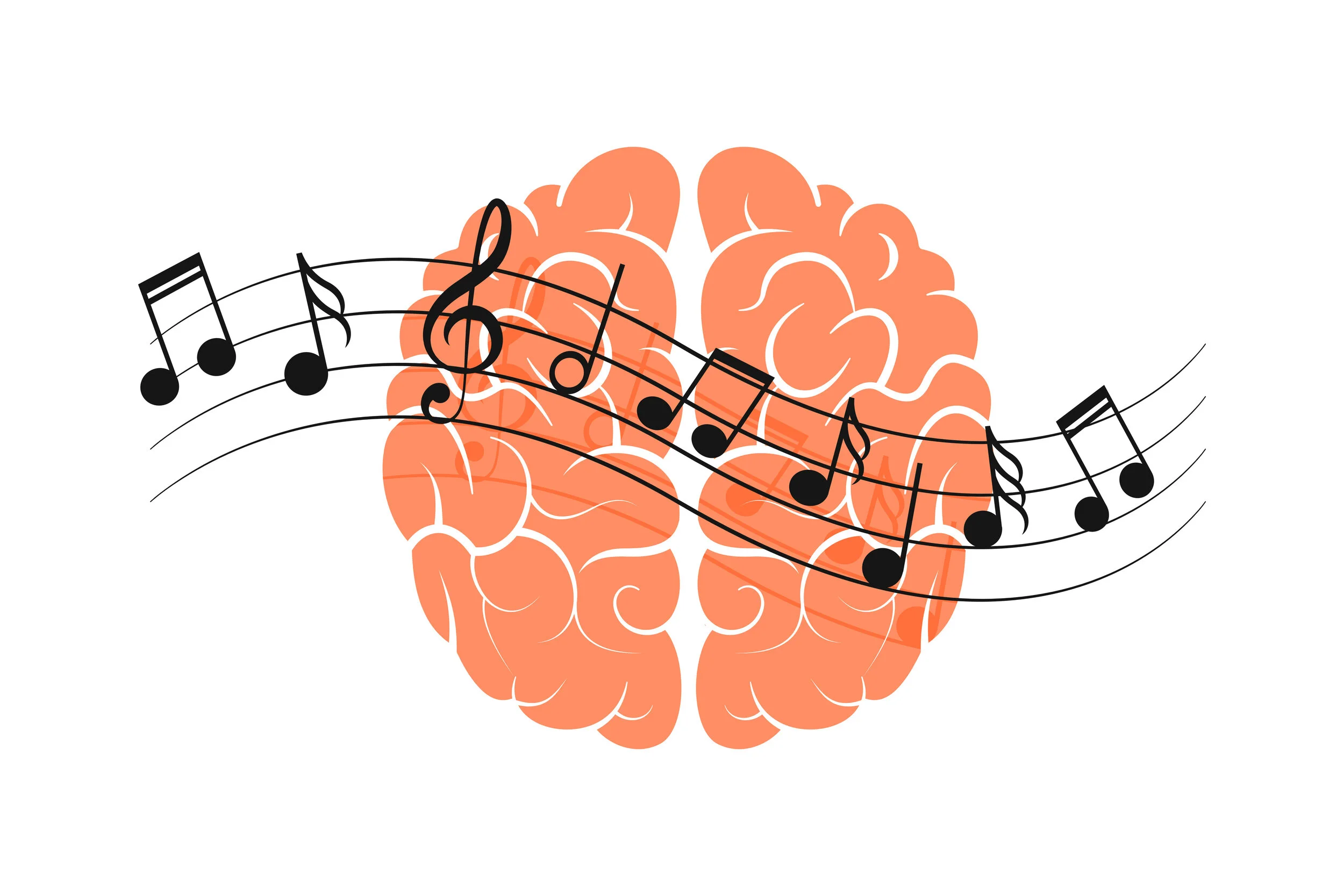Music and Mind
/Mental health, the way I look at it, is our wealth; we need to look after it, care for it. No matter how physically fit we are, without a stable emotional state, our life becomes meaningless. Music helps us looking after our emotional well-being. Music is a vehicle that takes our mind from place A to place B, at times it just holds us, hugs us, gives us that much-needed cuddle.
Let’s look at it from a purely biological perspective! When we hear music, we involve our auditory cortices (part of the brain dealing with hearing), the signal then travels to many centres in our brain i.e., hippocampus (memory centre), frontal lobe (centre for emotion, social judgement, attention, concentration etc) and the rhythm of the music typically involves cerebellum. Moreover, if we perform music of any kind, it then involves our centres for planning and language function situated in parietal, frontal and temporal lobes. The reason we appreciate music as it evokes various emotions depending on our states of mind. No wonder Leo Tolstoy said, ‘Music is shorthand of emotion’.
The common mental illnesses i.e anxiety, depression, psychosis, addiction etc involve neurotransmitters like Serotonin, Dopamine and Noradrenaline amongst many others. Exposure to music leads to an increase in the levels of these neurotransmitters. It then makes sense to the great words from Bob Marley ‘One good thing about music, when it hits you, you feel no pain.’
I am increasingly observing the effectiveness of mindfulness-based meditation in my clinic. Music would be a perfect platform on which we can develop our mindful approach – it involves our special senses, produces various emotions with or even without lyrics. We also know from good quality research that it improves our frontal lobe functioning. Music effectively serves as an interest that keeps us involved in the present moment and that's one of the key elements of mindfulness.
If you are interested, download this album Mindful Living from any digital platforms i.e Spotify, iTunes, YouTube Music, Deezer, etc. You can also visit our Mindfulness page:
From a more pragmatic point of view, a person can get involved in music by listening, observing, appreciating, and of course, performing by himself or herself. Participation can be solo or group. On solo performance, one can tune in to his or her emotion and in group performance; in addition, one has the opportunity to harmonise with others. Music is often a common interest amongst our friends and families, although we have different tastes in music. Bringing confidence up, boosting one’s self-esteem and stabilising one’s mood are the beneficial effects music can bring on.
In the psychoanalytical world, Sigmund Freud, many years ago talked about music as one of the mature ego-defence mechanisms. We can channel our comfortable as well as uncomfortable emotions by engaging ourselves in music. It could be playing an instrument, drums etc, singing vocals – classical or contemporary or even simply by attending to musical performance. While listening to music in the future, may I request you to experiment with how music gets inroads to your inner self, practise mindfulness approach and make it a new habit if you are not already doing so!
Hope I was able to point out some of the key areas - how and where music can fulfil nourishment for our minds. I would like you to keep these valuable words from one of the greatest philosophers this planet has seen:
‘If I were not a physicist, I would probably be a musician. I often think in music. I live my daydreams in music. I see my life in terms of music’
- Albert Einstein.
Dr Arghya Sarkhel
Consultant Psychiatrist and Founder Director of Living Mind
Fellow of The Royal College of Psychiatrists



